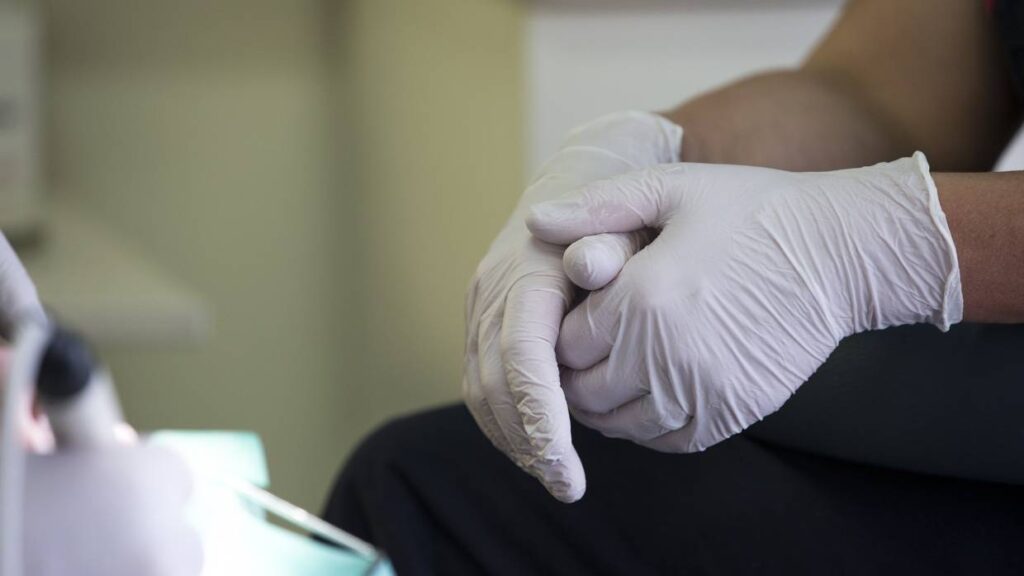The healthcare industry relies heavily on personal protective equipment (PPE), including exam gloves, to protect healthcare workers and patients. However, sourcing affordable gloves can be a difficult and frustrating task for healthcare facilities. Here are some of the main challenges and ethical considerations associated with sourcing cheap exam gloves:
Quality Concerns
One of the biggest concerns with sourcing cheap exam gloves is the quality of the product. Some manufacturers may cut costs by using cheaper materials or reducing the quality of their gloves. This can lead to tears, punctures, and other issues that compromise the gloves’ effectiveness as a barrier against infection. Lower-quality gloves may also be uncomfortable to wear and reduce tactile sensitivity, potentially leading to errors during procedures.
Safety Risks
Healthcare workers are exposed to a range of infectious diseases daily, making it crucial that gloves provide adequate protection. However, if gloves are of poor quality or improperly manufactured, they can fail to protect workers adequately, exposing them to infectious diseases. Additionally, counterfeit gloves may lack the proper labeling, certifications, and quality control measures required for medical use, putting healthcare workers at risk.
Logistical Challenges
With the demand for gloves outpacing supply, many suppliers may not have the quantities needed to meet the needs of healthcare facilities. This can lead to delays in deliveries, forcing healthcare providers to ration gloves or use them beyond their intended use, further compromising their effectiveness. The fluctuation in prices can also make budgeting a challenge for healthcare facilities, leading to cutbacks in other areas or substandard gloves being purchased to make up the difference.
Ethical Considerations
The low prices of gloves sourced from certain countries may be a result of unfair labor practices or environmental damage. The production of gloves in some countries is associated with the exploitation of workers, including child labor and unsafe working conditions. Additionally, the production of gloves can have a significant environmental impact due to the use of chemicals, water, and energy. Sourcing gloves from suppliers that prioritize ethical practices can help healthcare facilities ensure that their supply chains do not contribute to these issues.
How to Overcome These Challenges
To ensure the quality and safety of exam gloves, healthcare facilities should prioritize sourcing from verified suppliers that have transparent supply chains and adhere to industry standards. These suppliers should also provide certifications and quality control measures to ensure that the gloves meet the necessary requirements for medical use. Healthcare facilities should also consider the ethical implications of their purchasing decisions and prioritize suppliers that prioritize fair labor practices and environmental sustainability.
In conclusion, sourcing cheap exam gloves can be a daunting task for healthcare facilities. The quality, safety, logistical, and ethical considerations associated with sourcing gloves require careful consideration. By prioritizing the quality and safety of gloves and sourcing from ethical suppliers, healthcare facilities can ensure that their workers and patients are protected while also contributing to sustainable and socially responsible business practices.


